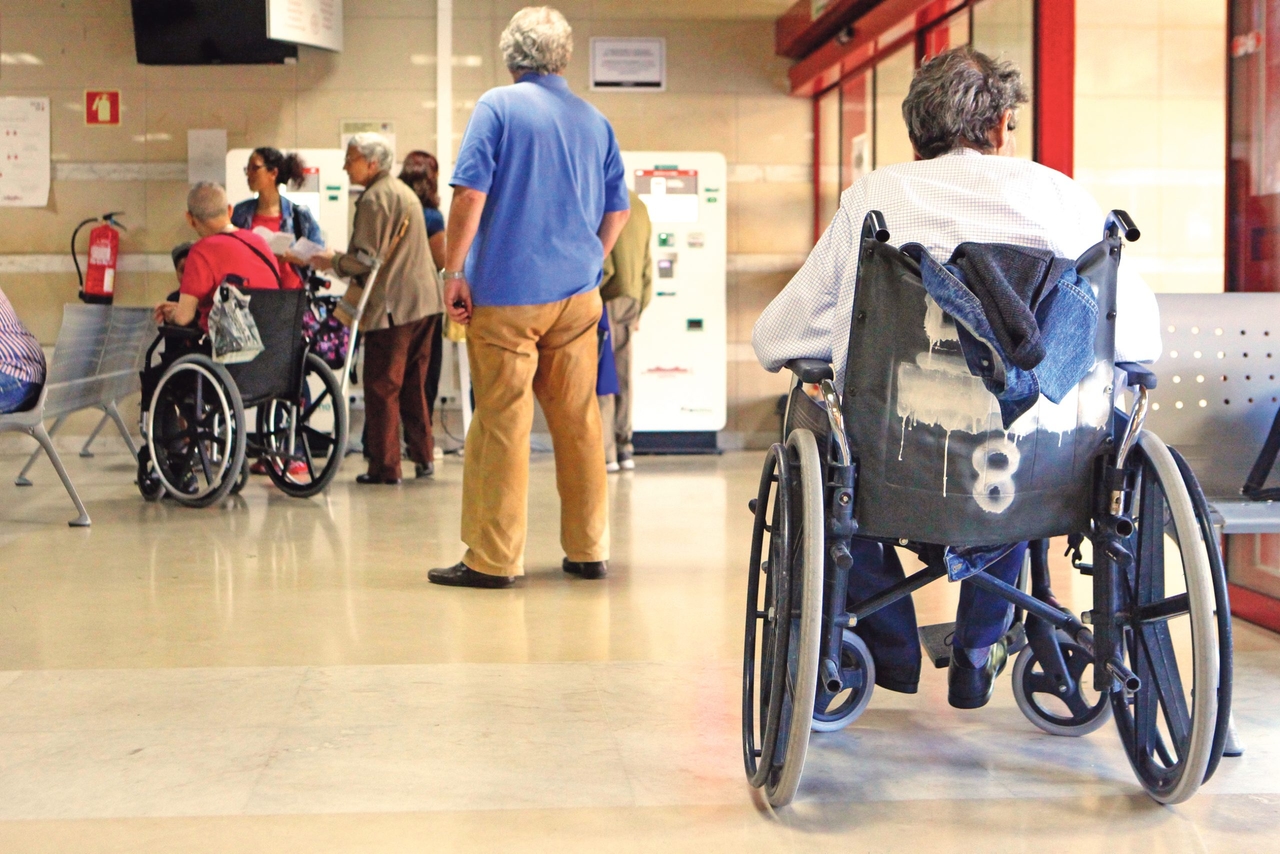High inequality makes the world 'more vulnerable' to pandemics, says UN.

High levels of economic inequality leave the world "more vulnerable" to pandemics and fuel a vicious cycle that jeopardizes public health and economies, UN economists and experts warned on Monday (Sunday night in Brazil, 3).
The report, commissioned by the Joint United Nations Programme on HIV/AIDS (UNAIDS), is the result of two years of research conducted by the World Council on Inequalities, AIDS and Pandemics, led by experts such as Nobel laureate in Economics Joseph Stiglitz, former First Lady of Namibia Monica Geingos, and epidemiologist Michael Marmot.
"High levels of inequality, both within and between countries, make the world more vulnerable to pandemics, making them more disruptive to the economy and more deadly, as well as causing them to last longer," the report points out.
In turn, pandemics increase inequalities, maintaining a self-reinforcing cyclical relationship.
This “pandemic-inequality cycle” has been observed during global public health crises such as COVID-19, AIDS, Ebola, avian flu, and Mpox, experts point out.
"The inability to address fundamental inequalities and social determinants since COVID-19 has left the world extremely vulnerable and ill-prepared for the next pandemic," they added.
The Covid-19 pandemic “pushed 165 million people into poverty while the world’s richest people increased their wealth by more than a quarter,” they highlighted.
The report's authors urge global leaders to improve pandemic preparedness by investing in "social protection mechanisms" in their countries, while also addressing global inequality problems, particularly through debt restructuring for developing countries.
"Pandemics are not just health crises, they are economic crises that can exacerbate inequalities if leaders make misguided policy decisions," Stiglitz stated.
“When efforts to stabilize economies hit by a pandemic are financed by high interest rates on debt and austerity measures, they deprive health, education, and social protection systems of resources. Societies then become less resilient and more vulnerable to epidemics,” the Nobel laureate explained.
"Breaking this cycle requires enabling all countries to have the necessary budgetary capacity to invest in social security," he added.
The report also recommends more equitable access to treatments and health technologies, and calls for an “immediate elimination of intellectual property rights” worldwide as soon as a pandemic is declared.
Stiglitz is expected to present a report on inequality and poverty in the world to the leaders of the G20 in the coming days. The G20 is a group that brings together the world's major economies and will hold a summit in Johannesburg at the end of November.
jcb/fal/cpy/mas/meb/ic
IstoÉ


